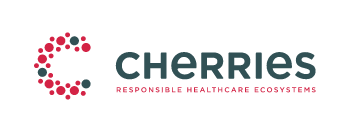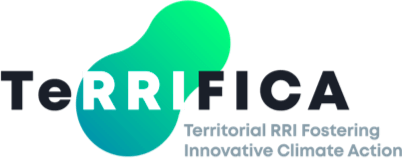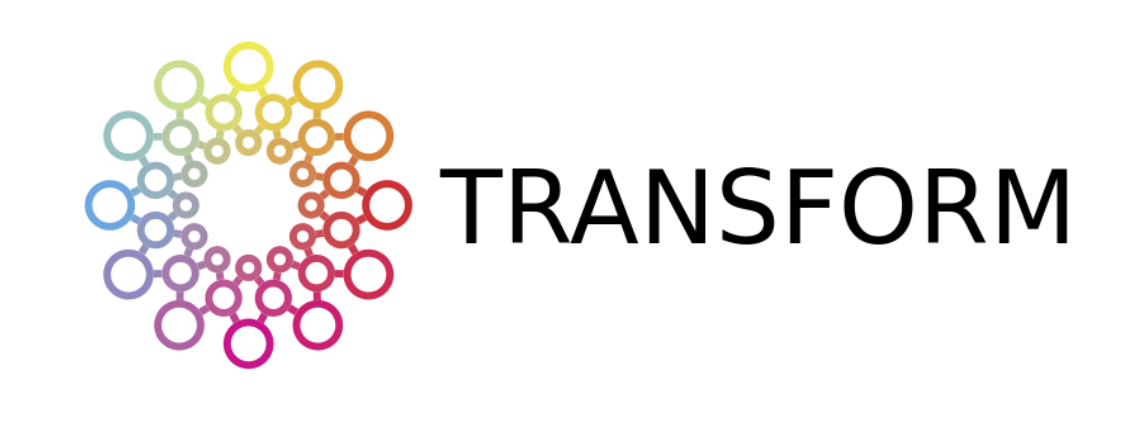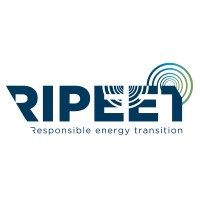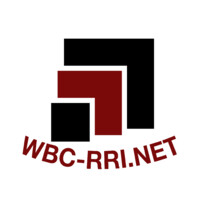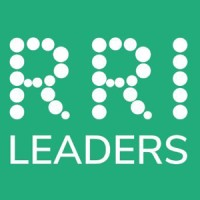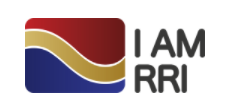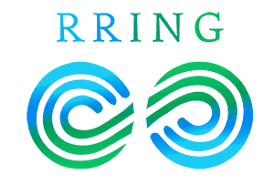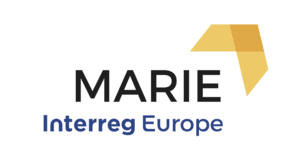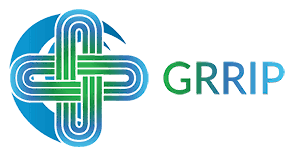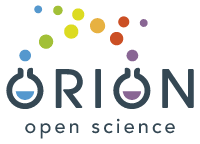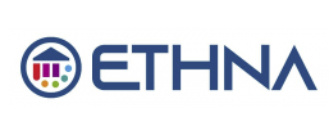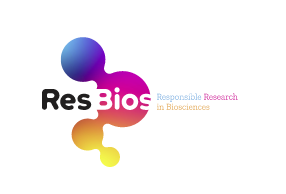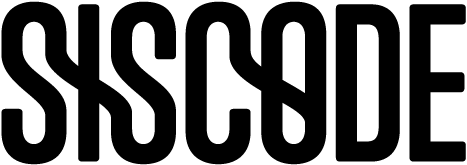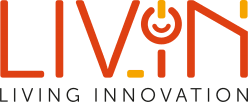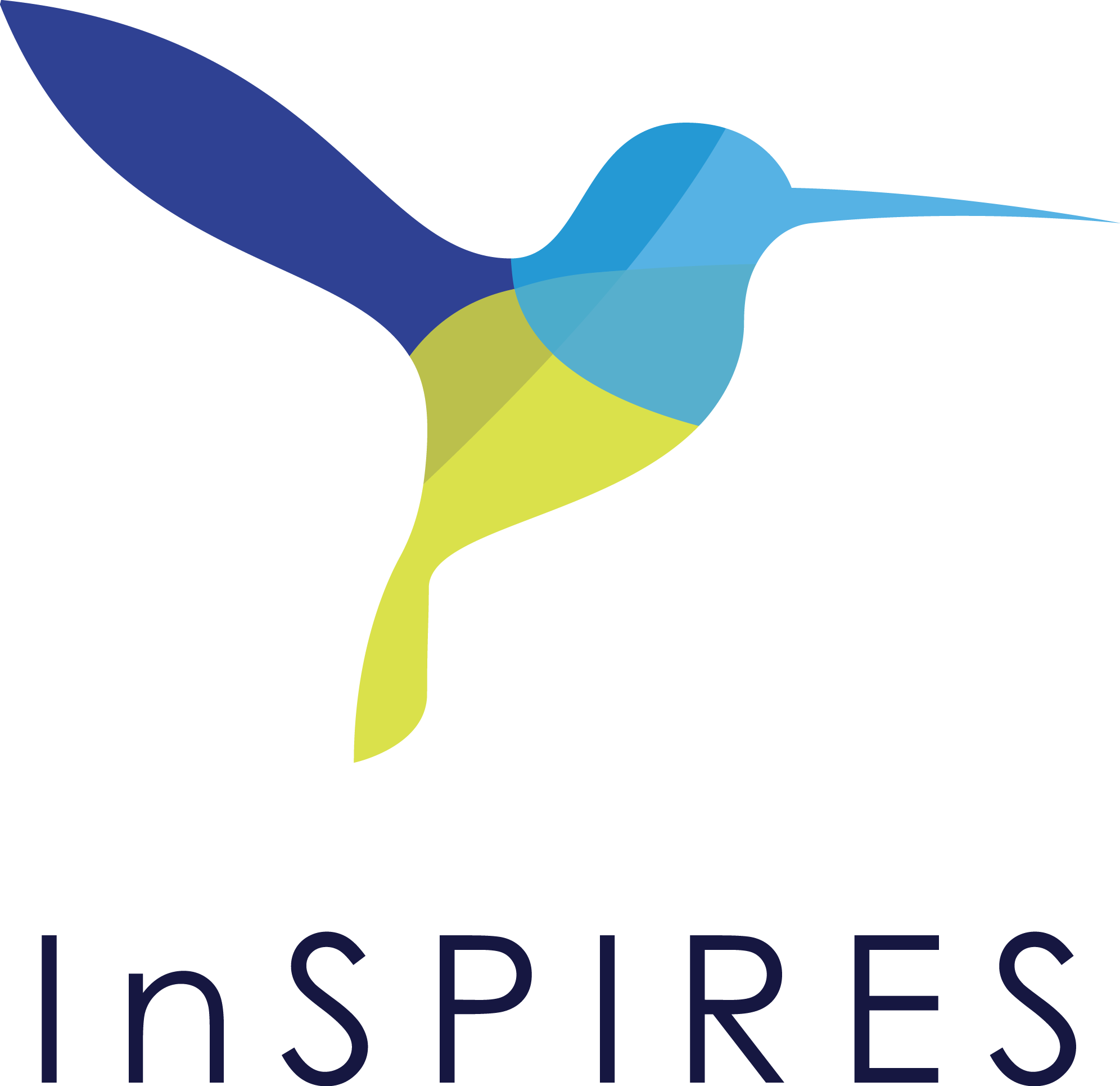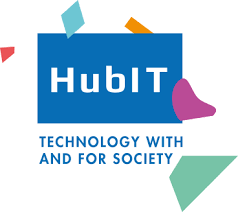RRI Community
Active territorial RRI projects (under SwafS-14)
Bringing together relevant actors to work towards common goals in a responsible manner is an important way to co-create a sustainable regional innovation ecosystem. SeeRRI aims to develop a general framework with a set of core principles and a roadmap that territories could use for guidance in this co-creation process. SeeRRI is a project in which 12 European organizations and 3 European territories (Nordland in Norway, B30 in Catalonia, Spain, and ecoplus from Lower Austria) work together to develop such a framework based on the principles of RRI. The goal of SeeRRI is to work with the policymakers and other regional actors to figure out how best to integrate RRI principles into the smart specialization policies of the regions.
The CHERRIES project will support RRI policy experiments in the healthcare sector in three European territories – in Murcia (ES), Örebro (SE) and the Republic of Cyprus (CY). The CHERRIES experiments address opportunities and challenges associated with the role of demand at the crossroads of challenge-oriented, economy-enhancing, and sector-specific policy making within the healthcare sector, thereby addressing the SGC of health, demographic change and wellbeing. The project aims to create more open, inclusive, and self-sustaining R&I ecosystems by ensuring bottom-up involvement of all kind of citizens, irrespective of their age, gender, ethnicity and socio-economic background.
Climate change is the defining challenge of our time. Mitigating its impacts and adapting to changes already taking place or impossible to avoid will require fundamental changes to societies and behaviours all over the world – as well as scientific breakthroughs, both technological and social. TeRRIFICA involves citizens in agenda-setting processes related to research and regional innovation, corresponding to local climate change challenges identified through a crowd-mapping tool. Local people, with a particular focus on regional authorities and policy makers will be empowered through workshops, regional and international summer schools, field trips and a broad stakeholder engagement concept with feedback loops.
DigiTeRRI has been developed to empower three traditional industry regions to harness the opportunities presented by digitalization. The project co-create framework and roadmaps for a responsible transition to self-sustaining, digitalized industrial R&I ecosystems. It addresses the challenges in the interplay between business, academia, government and society ‒ the quadruple helix ‒ to initiate openness, democratic accountability and responsiveness in a process that will in turn promote resilience within these new, digitalized R&I ecosystems. An RRI approach to key issues such as gender equality, science education, open access, public engagement, and ethics during the digitalization process will help to support both organisations and citizens in adapting to the transformation that is revolutionizing research, industry, the economy, and society.
RRI2SCALE is a H2020 SwaFS project that seeks to embed and consolidate Responsible Research and Innovation (RRI) governance structures in selected pilot regions across Europe: Kriti (Greece), Galicia (Spain), Overijssel (Netherlands) and Vestland (Norway). The final purpose is institutional transformation in Research and Innovation in the fields of “smart cities – smart energy – smart transportation”. The project strives not only for sustainable, inclusive and ethical R&I policies, but it also links RRI with regional competitiveness. As such, RRI2SCALE assists the regional authorities of pilot sites to address the so-called “Regional Dilemma”: how to create democratic governance in R&I while at the same time fostering innovation levels at regional scale. To achieve this, RRI2SCALE attempts to map and understand the regions engaged, how RRI elements are currently incorporated in their ecosystems, and how much space for improvement exists. Moreover, the project deploys a dedicated stakeholder engagement strategy, with clear sequential steps, and leverages co-creation techniques to bring together a vast variety of R&I actors with ordinary citizens.
TRANSFORM is putting RRI principles into practice through new forms of local participatory decision-making within their Smart Specialisation Strategies (S3). Three regional clusters will invite citizens, local communities and stakeholders to participate in the research and innovation activities, reflecting their views, needs and aspirations. The three implementing regions will engage in mutual learning within and beyond Europe, with the objective of establishing more open, transparent and democratic R&I ecosystems for more responsible territorial development. Meanwhile, regional governments involved in TRANSFORM will reflect on, experiment with, learn from and adopt RRI approaches into their R&I policies and actions.
The RIPEET project will support Responsible Research and Innovation (RRI) policy experimentations for energy transition in three European territories – Extremadura (ES), Highlands and Islands of Scotland (UK) and Ostrobothnia (FI). Its methodology builds on RRI, transformative innovation, transition management, and a Multi-Level-Perspective. RIPEET will bring together quintuple helix actors of the territorial socio-technical energy regime in Transition Labs in order to envisage and implement a place-based energy transition process. Building on this evolutionary model of socio-technical transitions, RIPEET will use existing landscape and regime-level pressures to facilitate the development of territorial socio-technical futures based on RRI actions. The project is bringing together 11 partners from 7 countries coordinated by the Zentrum fur soziale innovation from Austria.
WBC-RRI.NET aims to foster the application of RRI principles at the territorial level in Western Balkan Countries (WBCs), to promote a multi-level steering R&I governance framework. RRI principles will act as enablers of the shared learning and diffusion of R&I governance innovations at the territorial level and this in turn can lead to enhancement of R&I planning, including the existent or upcoming S3 in the Western Balkan countries. Based on a ‘smart directionality’ approach, as well as on a regional and local innovation planning through the RRI principles, R&I planning and S3 strategies will have the potential to be characterised by an RRI-driven open and inclusive approach with a focus on citizens’ participation. RRI activities will be performed, raising an active dialogue in the wider Western Balkan region and fostering the comprehension of all RRI pillars under a holistic framework. Furthermore, a set of RRI ‘anchor’ initiatives will touch specific RRI keys in 5 WB territories.
RRI-LEADERS will explore the application and sustainability of the RRI paradigm within territorial innovation systems. The project will involve four distinct territories from different parts of Europe, representing different cultural and socio-economic backgrounds, different scopes of territorial oversight, different institutional and decision-making infrastructures, different R&I landscapes, and different dynamics among territorial actors. This will enable a thorough assessment of the relevance of RRI to territorial governance and have the involved territories act as demonstrators for the potential of RRI on subnational level. Partners will engage in a multi-stage co-creation process that will mobilise territorial quadruple helix stakeholders towards the elaboration of future-oriented strategy and action plans. The Consortium will further use the accumulated knowledge to chart a detailed outlook for the future potential of RRI as a guiding framework in territorial governance of R&I and will aim to provide an evolutionary perspective on RRI for the upcoming Horizon Europe programme.
The project TetRRIs aims to bring Responsible Research and Innovation into alignment with the Smart Specialisation paradigm and governance within 4 pilot experiment regions from the European Union. Tampere, Karlsruhe, Cantabria, and Szeged-Timisoara are the central focus, and these pilot regions will try to reconcile RRI with S3 through activities organised according to various progressive stages. First this will be the process of identifying regional R&I actors and stakeholders, followed by the framing and organisation of the future experiments by identifying local challenges and existing systems. The third phase will feature the co-design and deployment of the territorial experiments by involving actors from the regions. Finally, the project’s outcome will focus on extracting the results out of the experiments to enable replication and continuation through guidelines and policy briefs.
Other current RRI projects
The MoRRI project (2014-2018) conceptualised and implemented the first RRI monitoring system in Europe. More than 36 RRI indicators of RRI were developed for the six key areas of RRI. The follow-up project, ‘Scientific Understanding and Provision of an Enhanced and Robust Monitoring system for RRI’ (SUPER MoRRI), has as its overall objectives to: ensure continuation of cross-European data collection on the evolution and benefits of RRI; develop a proper scientific understanding of the complex and diverse relationships between RRI policies and practices and their societal, democratic, economic, and scientific benefits; establish an RRI indicator hub drawing in data streams from a connected network of project and creating a user-friendly, interactive dashboard; and take a co-creation approach by involving a range of stakeholders, among other things.
The aim of the GRACE – Gender and Cultures of Equality in Europe project is to systematically investigate the cultural production of gender equalities within Europe. Extending the success of GEMMA, the Erasmus Mundus ‘Masters of Excellence’ in Women’s and Gender Studies, the central objective of GRACE is to become the programme of reference for innovative interdisciplinary doctoral training for early career researchers. GRACE draws on innovative and interdisciplinary methodologies to investigate an under-examined aspect of those processes, namely the production of cultures of equality that underpin, enable and constrain those changing policy and legislative frameworks.
I AM RRI’s vision is to revolutionize the ways innovation is achieved by attaining a deep and fundamental model-based knowledge of dynamic webs of innovation value chains and openings for RRI. The project aims to: create prospective openings for RRI in the complex webs of innovation value chains in Additive Manufacturing (AM) through institutional change; indicate how institutions in the EU can create openings for RRI in the web of innovation value chains for AM; allow the European AM community to undergo a continuous development and enhancement process; support Europe’s AM community, characterised by innovative, socially balanced, environmentally friendly, and novel production technologies and products, in order to become a global leader in this particular industry sector; lead to a significant increase in added value and smart, sustainable and inclusive growth for the European Union as a whole.
RRING aims to bring RRI into the linked-up world to promote mutual learning and collaboration in RRI. This will be achieved by the formation of a global RRING community network and by the development and mobilisation of a global Open Access RRI knowledge base. RRING will align RRI with the UN Sustainable Development Goals (SDGs) as a global common denominator. The project acknowledges that each region of the world is advancing its own agenda on RRI. Therefore, RRING will not produce a Global RRI framework or strategy that is meant to be enforced in a top-down manner. Rather, increased coherence and convergence will be achieved via a bottom-up approach, learning from best practices in RRI globally and from linkages, via the new RRING community, to develop the RRI linked-up world.
In preparing their smart specialisation strategies for 2021-2027, an increasing number of EU regions are starting to address RRI, facing common challenges of perceived complexity of the concept and means of application, lack of appropriate approaches for public authorities and lack of awareness over its huge potential impacts. In MARIE, partners from 8 regions faced these challenges together as early as 2017, embarking on a 3+2-year cooperation journey that delivered 8 action plans to include RRI in regional policy making in connection to RIS3s. Actions planned span over a wide range of solutions to embed RRI in RIS3: including RRI criteria in public funding of research and innovation, impact assessment of research and innovation projects, capacity building among local stakeholders, setting RRI as a strategic priority to be permanently delivered through tangible operational objectives. MARIE is now in its Phase 2, and Action Plans are being rolled-put, monitored, and assessed for further lesson-learning and exchange with fellow RRI projects, policy makers and stakeholders.
SciShops will build an extensive knowledge base by analysing the practices of the existing European and International Science Shops. The goal is to engage community stakeholders in knowledge cafes and other community events in order to provide examples of the benefits of community-based research. The developed strategies and novel tools provided by the project, including a knowledge hub, a SciShops navigator, twinning and matchmaking platform, seek to provide guidelines for different types of organisations on how to establish and run a Science Shop.
GRRIP (Grounding RRI practices in research performing organisations) is working on embedding sustainable RRI practices in 5 Research Performing & Funding Organisations (RPOs/RFOs) in the marine and maritime sectors to achieve institutional and cultural change. This will include co-developing, implementing, and evaluating self-tailored RRI Action Plans (AP) to enable institutional and cultural change processes for the 5 organisations; establishing structures to facilitate, promote, and maximise real sustainable engagement with, and input from, the Quadruple Helix, paying particular attention to societal actors; and various other project objectives.
ORION – Open Responsible research and Innovation to further Outstanding kNowledge is a 4-year project (to run from May 2017 to April 2021) financed under the SwafS Work Programme. The main aim of the SWAFS Programme is to build effective cooperation between science and society. Open science is a core strategy of the European Commission that involves widening participation and collaboration as well as sharing research processes and outcomes to improve research and innovation. ORION will explore ways in which research and funding organisations in life sciences and biomedicine can open up the way they fund, organize and do research. The project aims to trigger evidence-based institutional, cultural and behavioural changes in Research Funding and Performing Organisations (RFPOs), targeting researchers, management staff and high-level leadership.
NewHoRRIzon is a project that aims to further integrate RRI into research and innovation systems at national and international levels. It’s objectives include: fostering the integration of RRI into European, national, and local Research and Innovation practice and funding; organising 19 Social Labs, co-creating pilot actions and activities, and developing narratives and storylines based on the experience from these pilots; developing and disseminating a concept of Societal Readiness of Technology; raising awareness of RRI and mainstream RRI best practices and NewHoRRIzon’s results; providing results on how to better integrate RRI into the next European Framework Programme; and creating an RRI Network including national funding agencies and developing an RRI community starting with an RRI Ambassadors programme.
Increased interactions between R&I stakeholders in our societies require changes at research funding and performing organisations to accept inputs from citizens and organisations that used to be considered outsiders to the world of R&I. Co-Change inspire such changes by introducing new practices in the areas of research ethics, open access, citizen engagement, gender equality and science education.
The project “Ethics Governance System for RRI in Higher Education, Funding and Research Centres”, ETHNA System in short, intends to develop and apply an ethics governance system for the use of RRI in higher education, funding, and research centres (HEFRCs). The system is composed of an ETHNA office and four tools and work methodologies for RRI: ethical code, ethics committee, ethical hotline and process indicators to report. The ETHNA System will implement and validate an ethics governance system by integrating an ETHNA office into the management of six organisations from the consortium. The purpose is to develop a governance structure that is sustainable over time and can be transferred to other centres, favouring a more responsible research and innovation based on engagement with citizens and society.
ResBios will embed RRI practices within four universities and research institutions in the field of Biosciences in 4 European countries, through the implementation of RRI Grounding Actions, to achieve sustainable institutional changes. The Grounding Actions will relate to RRI keys, they will dialogue with the MoRRI indicators and will be aligned with Sustainable Development Goals. The project is focused on the biosciences sector which is one of the crossroads in the relations between science and society and it is building upon the EU project StarBios2, which ran between 2016 and 2020, setting the scene for transformative practices and tested interventions aligned with these new science policy frameworks.
ON-MERRIT (Observing and Negating Matthew Effects in RRI Transition) is a 30-month project funded by the European Commission to investigate how and if open and responsible research practices could worsen existing inequalities. Its multidisciplinary team uses qualitative and computational methods in order to examine advantages and disadvantages in Open Science and RRI. ON-MERRIT aims to eventually suggest a set of evidence-based recommendations for science policies, indicators and incentives, which could address and mitigate cumulative (dis)advantages; so called Matthew effects.
SISCODE (Society in Innovation and Science through CODEsign) is an EU-funded project aimed at stimulating the use of co-creation methodologies in policy design, using bottom-design-driven methodologies to pollinate Responsible Research and Innovation, and Science Technology and Innovation Policies. In order to achieve this goal, the project consortium will carry out Europe-wide research to understand the dynamics within these co-creation environments as well as the outcomes obtainable from such approaches. These results will then be compared to devise a set of co-creation methodologies suited for scalability and replication. 10 co-creation labs spread around Europe will work with design-driven approaches to co-create, generating real life knowledge. They will each select a challenge to tackle with local stakeholders in order to find solutions together.
LIVING INNOVATION (LIV_IN) is a new initiative that aims to develop responsible, smart home solutions that tackle societal challenges and respond to pressing societal trends. Uniquely, and for the first time, the initiative involves industry leaders that engage with lead users in co-creation processes to create solutions that meet user needs. The project creates two distinct opportunities: giving lead users and citizens the chance to be involved in the design of the technology that will shape their futures and giving industry the possibility to respond directly to changes and needs of users and society. In doing so, the initiative aims to demonstrate to industry and the public what Responsible Innovation is, and how citizens can be involved in developing innovations.
Global challenges are complex and call for setting a new team to find solutions. Traditionally the innovation process has been dominated by industry, the public sector, and research. However, civil society possesses great creative competences too and these undervalued actors must be included in order to let innovative solutions flourish. By bringing different voices together in new types of collaborations, blind spots can be avoided since every actor has specific competences and focus points.
The InSPIRES community aims to co-design, jointly pilot, implement, and roll out innovative models for Science Shops. Concentrating most of their efforts on the health and environmental sectors and giving special attention to vulnerable groups, they intend to open research processes up in strategic ways. Their systematic impact evaluation will make their Science Shop models more accurate and responsive to civil society needs and concerns, as well as allowing the expansion of Responsible participatory Research and Innovation in Europe and abroad in order to tackle key societal challenges that affect the world population.
Recently concluded RRI projects
HubIT will activate constructive interactions between ICT developers, SSH researchers and other stakeholders (e.g. NGOs, citizens and users) leading to a responsible approach to research and innovation through the uptake of SSH expertise and RRI actions. The long term strategic objective of the project is to contribute to the high level of European research and innovation and ensure that H2020-funded and further ICT-related innovation is responsible, inclusive and aimed at reversing inequalities. The direct objective of HubIT is to build a Hub that will activate and improve constructive and co-creative interactions between SSH and ICT disciplines in developing and implementing a shared vision of inclusive ICT research and innovation.
The first priority objective of STARBIOS2 was to profoundly embed the approach and practices of RRI in six research departments of bioscience of six institutions. This objective was pursued by activating structural change through the design, implementation, monitoring, and evaluation of a four-year RRI Action Plan (AP) in each involved department. The AP was then self-tailored: each of them conceived, designed, and implemented by the institution involved, taking into account the institutional, social, and cultural context where it was to be be carried out. These included five sets of actions, respectively addressing the RRI 5 keys.
This project came to an official end in July 2020.


